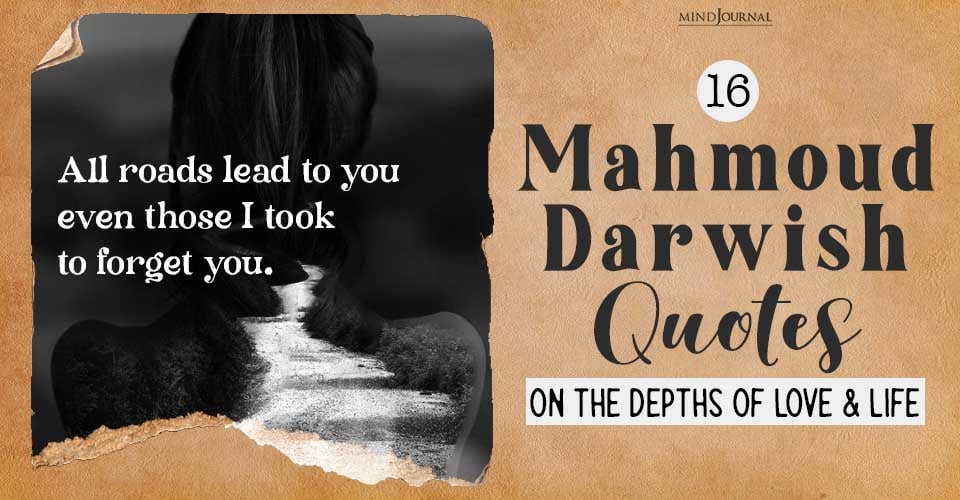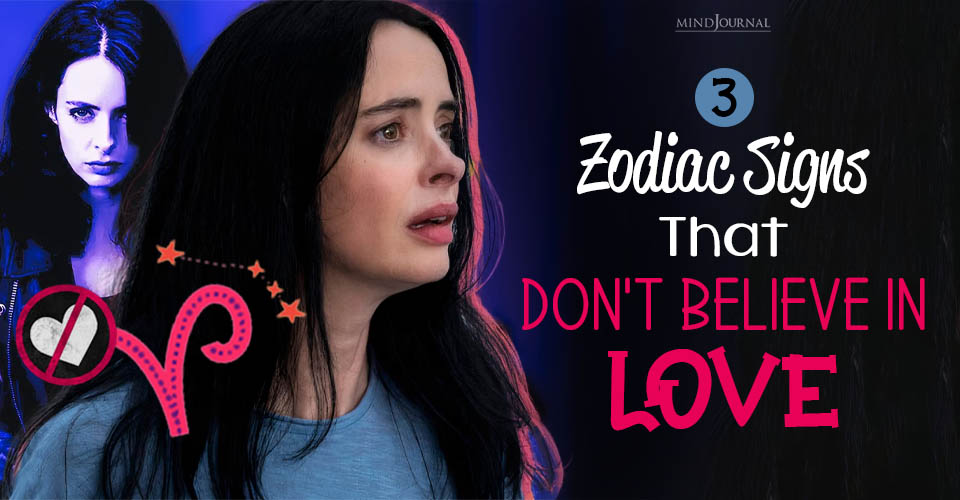Love, a universal and timeless human experience, is often characterized by its ebbs and flows, its highs and lows. In our pursuit of love, we embark on a journey that takes us through different phases, each marked by unique emotions and lessons. And this is where the Three Loves theory comes into play. So, what is the 3 loves theory?
Along with that, we will also talk about Sternberg’s Triangular Theory Of Love. In the realm of psychology, Robert J. Sternberg, a renowned psychologist, introduced the Triangular Theory of Love, a framework that seeks to unravel the intricacies of this enigmatic emotion.
In this article, we will delve into what is the 3 loves theory, and Sternberg’s theory, exploring its three main components and how they intersect to create different types of love. By the end of this journey, you will have a clearer understanding of the dynamics of love and the tools to navigate its complexities in your own life.
So, are you ready to find out more about the 3 loves theory? Let’s go!
Related: We Experience Three Types Of Love In Our Lifetime: Each One for A Specific Reason
What Is The Three Loves Theory?
Simply put, the three loves theory means you experience 3 phases of love throughout your life, with each phase teaching you some invaluable lessons. Let’s find out what are the 3 loves and how do they look.
Phase One: The First Love
What is the 3 loves theory?
The first phase of love is like a captivating fairy tale. It’s the kind of love that sweeps you off your feet and leaves you feeling like you’re on top of the world. Typically experienced during high school or early adolescence, this love is all-consuming and can make you believe it will last forever. However, as we soon discover, reality often diverges from our youthful fantasies.
First love is often more superficial, driven by the desire to fit societal expectations or to make an impression on others. It’s characterized by an infatuation that borders on obsession, and we might place excessive importance on how the relationship appears to the outside world. In hindsight, we come to understand that this love, while intense, is not the deep, enduring connection we’ll experience later in life.
These early loves often end for various reasons—growing apart, trivial arguments, or the simple realization that the relationship isn’t strong enough to withstand the tests of time. While the heartbreak from first love can feel overwhelming initially, we tend to recover from it relatively quickly.
The Lessons of First Love: Falling in love is an exhilarating experience, but it also teaches us that not all relationships are meant to last forever. It dispels the notion that love always mirrors the romanticized portrayals we see in movies, helping us grasp the complexities of real-life relationships.
Phase Two: The Intense Love
In the 3 loves theory, the second phase of love is characterized by its intensity. It often turns our world upside down and holds a mirror to our innermost selves, revealing our insecurities, needs, and desires with remarkable clarity.
In this type of relationship, we may grapple with emotions like jealousy, fear, and self-doubt, which we’ve never encountered before. It feels like an emotional rollercoaster, with soaring highs and dramatic lows.
In the pursuit of intense love, we may try to mold our partner into our idealized image of perfection, and we may, in turn, try to change ourselves to fit their expectations. This love can leave us feeling guarded, distrusting, and ultimately, hurt. The heartbreak stemming from such a relationship can be indescribably painful, but it also provides us with an opportunity for profound growth and self-discovery.
Through the agony of heartbreak, we learn more about what we truly want from love and, just as importantly, what we do not want. We gain insight into our own strengths and weaknesses, as well as the importance of setting boundaries and valuing self-respect.
The Lessons of Intense Love: Intense love is a crucible of emotions that teaches us about our desires, boundaries, and personal growth. It reveals that love can be turbulent and challenging, but it is also a transformative force that fosters inner strength and resilience.
Related: The 5 Stages of Love: Why Too Many Stop at Stage 3
Phase Three: The Unconditional Love
In the three loves theory, the third phase of love is the most unexpected and profound of all. It emerges when we have healed from the scars of intense love and have cultivated a deeper sense of self-love. This love comes seemingly out of nowhere, yet it feels undeniably right, like finding a missing piece of a puzzle.
Unconditional love is marked by its absence of games and pretences. When you’re with this person, you feel like you’ve come home, as if you’ve finally found where you truly belong. You accept them wholeheartedly, flaws and all, and they reciprocate in kind. Together, you feel more authentic and genuine than ever before, continuously inspiring each other to become the best versions of yourselves.
In this phase, obstacles and challenges in the relationship are seen as opportunities for growth, not as threats. Both partners are committed to a shared future, working together to overcome hurdles. It’s a love that brings a deep sense of safety, protection, and adoration, and you find yourself thanking the universe every day for bringing this person into your life.
The Lessons of Unconditional Love: Unconditional love reminds us that true love does indeed exist. It reassures us that it is possible to feel completely safe, protected, and adored by another human being. It signifies the beginning of a lifelong journey together, founded on mutual respect, unwavering support, and an unshakable bond.
Now that you know all about the three loves theory, and what are the 3 loves, let’s delve into Sternberg’s Triangular Theory of Love.

Sternberg’s Triangular Theory of Love
Just like what is the 3 loves theory is, the Triangular Theory of Love breaks down the multifaceted nature of love into three fundamental components. Each of these components plays a crucial role in shaping our experiences and understanding of love, offering insights into the various types of love that we encounter in our lives.
1. Passion
At the heart of Sternberg’s Triangular Theory of Love is the first component: passion. Passion is the fiery and intense element of love that makes our hearts race, palms sweat, and minds wander. It’s the romantic and physical attraction that draws people together like magnets. Think of passion as the spark that ignites the flames of love.
Passion is a powerful force that can manifest in various ways. It may begin with a simple crush, evolve into infatuation, and ultimately mature into genuine romantic love. This component of love encompasses the physical aspects of affection, such as kissing, hugging, and sexual desire. It’s the exhilarating feeling of being in love, where every glance, touch, or word from your beloved fills you with ecstasy.
Understanding passion is essential because it often serves as the initial catalyst for relationships. However, it is also notoriously fleeting. The flames of passion can burn brightly at the beginning of a relationship but may gradually dim over time.
This is a natural progression, as no one can sustain the same level of intense passion indefinitely. Yet, for love to thrive and endure, it must be supported by the other two components of Sternberg’s theory.
2. Intimacy
Intimacy is the second pillar of Sternberg’s Triangular Theory of Love. It represents the emotional aspect of love—the deep, meaningful connection that two people share. Intimacy goes beyond physical attraction; it is the glue that binds individuals together on a profound level. This component encompasses emotional closeness, trust, and vulnerability.
When you experience intimacy in a relationship, you feel safe and understood. You can share your hopes, fears, and dreams without fear of judgment. Intimacy involves open communication, active listening, and empathy. It is the foundation upon which a lasting and meaningful love can be built.
Intimacy is not limited to romantic relationships; it can also be present in close friendships and familial bonds. In fact, cultivating intimacy is crucial for maintaining healthy relationships of all kinds. It deepens our connections with others, fostering a sense of belonging and support that is essential for our emotional well-being.
3. Commitment
The third and final component of Sternberg’s Triangular Theory is commitment. Commitment represents the decision and dedication to maintain a long-term relationship. It is the conscious choice to invest time, energy, and effort into sustaining love even when passion wanes or challenges arise.
Commitment is the glue that holds love together during the inevitable ups and downs of a relationship. It involves the intention to stay with your partner through thick and thin, to work through conflicts, and to prioritize the relationship above all else. Commitment provides stability and security in a relationship, ensuring that love endures.
Wrapping It Up
The journey of love is not a linear path but a series of phases that can enrich your life with wisdom, growth, and transformation. As per the three loves theory, and what are the 3 loves, first love introduces you to the thrill of falling in love, while intense love pushes you to confront your innermost self. Unconditional love, the culmination of this journey, offers a profound sense of belonging and fulfilment.
As you continue your journey through the maze of love, keep in mind the wisdom of Sternberg’s Triangular Theory. By recognizing the interplay of passion, intimacy, and commitment, you can embrace the beauty, complexity, and ever-changing nature of this most captivating human experience.
Related: The 3 Stages Of Love You Must Go Through Before You Get Married
What is your opinion about the Three Loves Theory and the Triangular Theory of Love? Have you heard about what are the 3 loves before? Do let us know your thoughts in the comments down below!









Leave a Reply